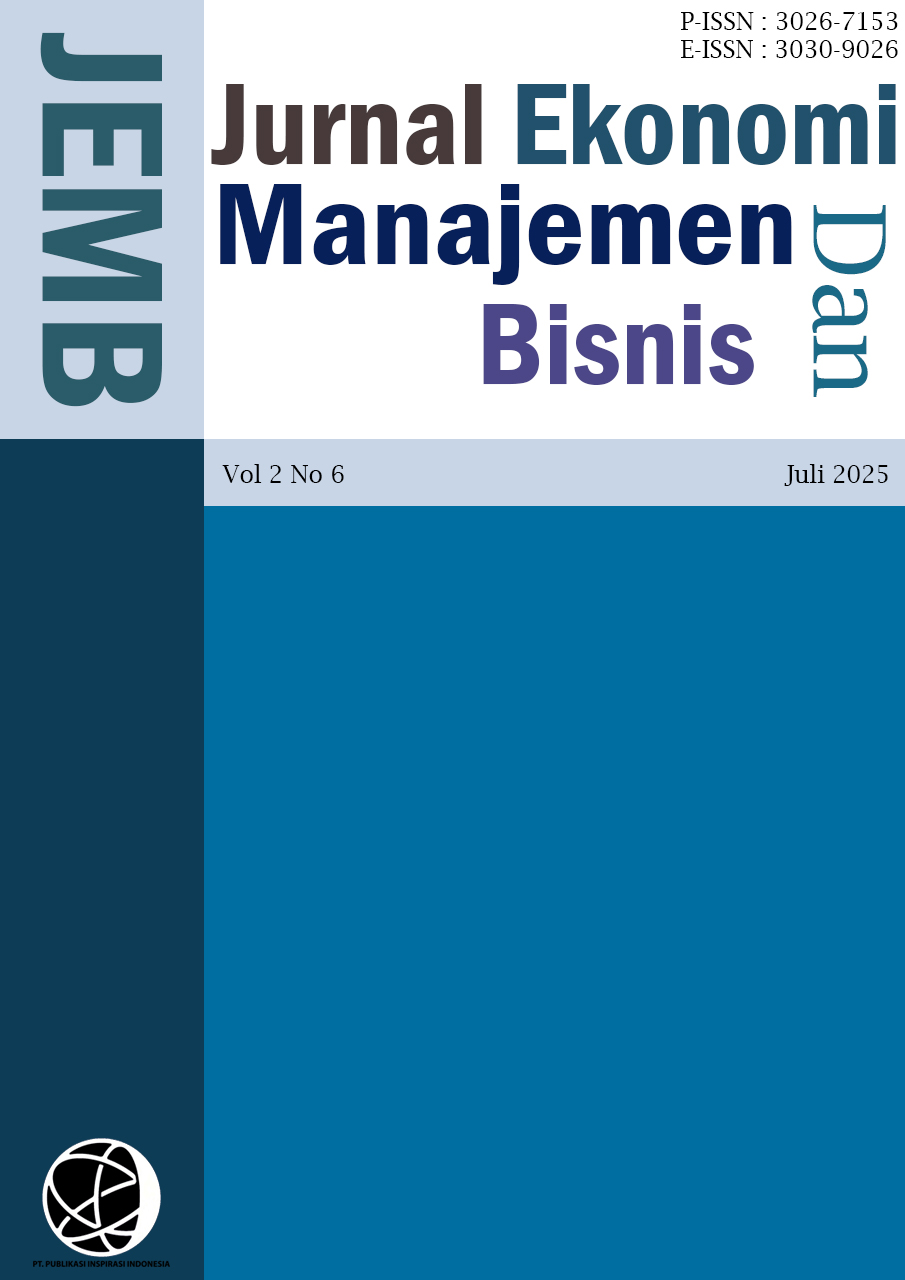Pengaruh Indeks Pemberdayaan Gender Dan Indeks Ketimpangan Gender Terhadap Ketimpangan Pendapat di Provinsi Jawa Barat
DOI:
https://doi.org/10.62017/jemb.v2i6.5034Keywords:
Gender Empowerment Index, Gender Inequality Index, Income InequalityAbstract
This study aims to analyze the effect of the Gender Empowerment Index (GPI) and Gender Inequality Index (GII) on income inequality in West Java Province. Using panel data from 27 districts/municipalities over the 2019-2024 period, this study found that only IKG has a significant effect on the Gini Ratio, with a negative coefficient of -0.153 and a high significance level (p-value 0.0000). This indicates that the greater the gender inequality in a region, the more inequality in income distribution tends to increase. In contrast, the GNI does not show a significant effect, although theoretically it has a negative direction on the Gini Ratio. These results indicate that women's empowerment, as reflected in the GNI, has not been effective in improving economic distribution equity in West Java. This study recommends the need to strengthen policies that not only increase women's representation, but also ensure their involvement in productive and sustainable economic sectors. Therefore, efforts to reduce income inequality must be accompanied by a systemic strategy to reduce gender inequality.













